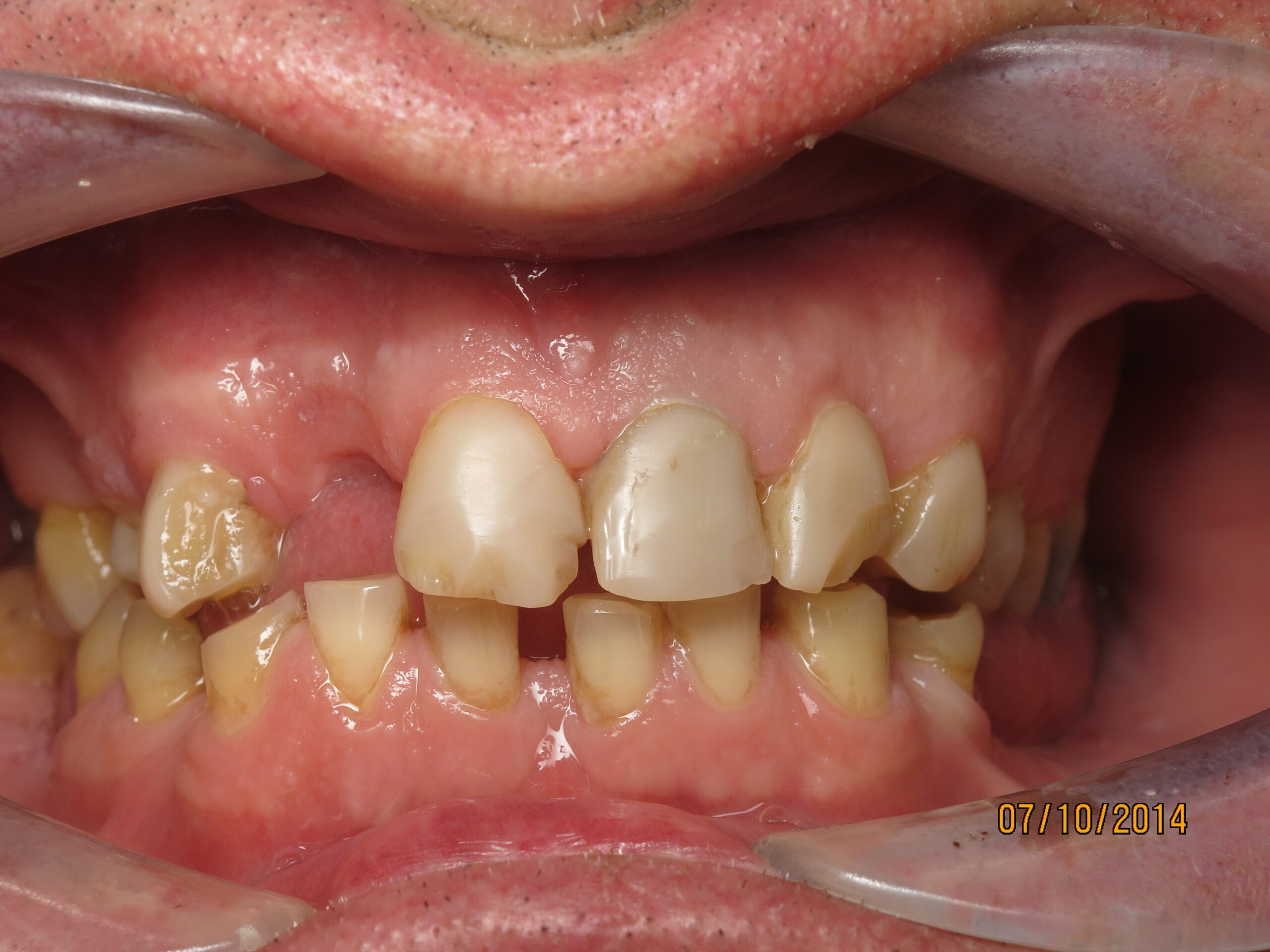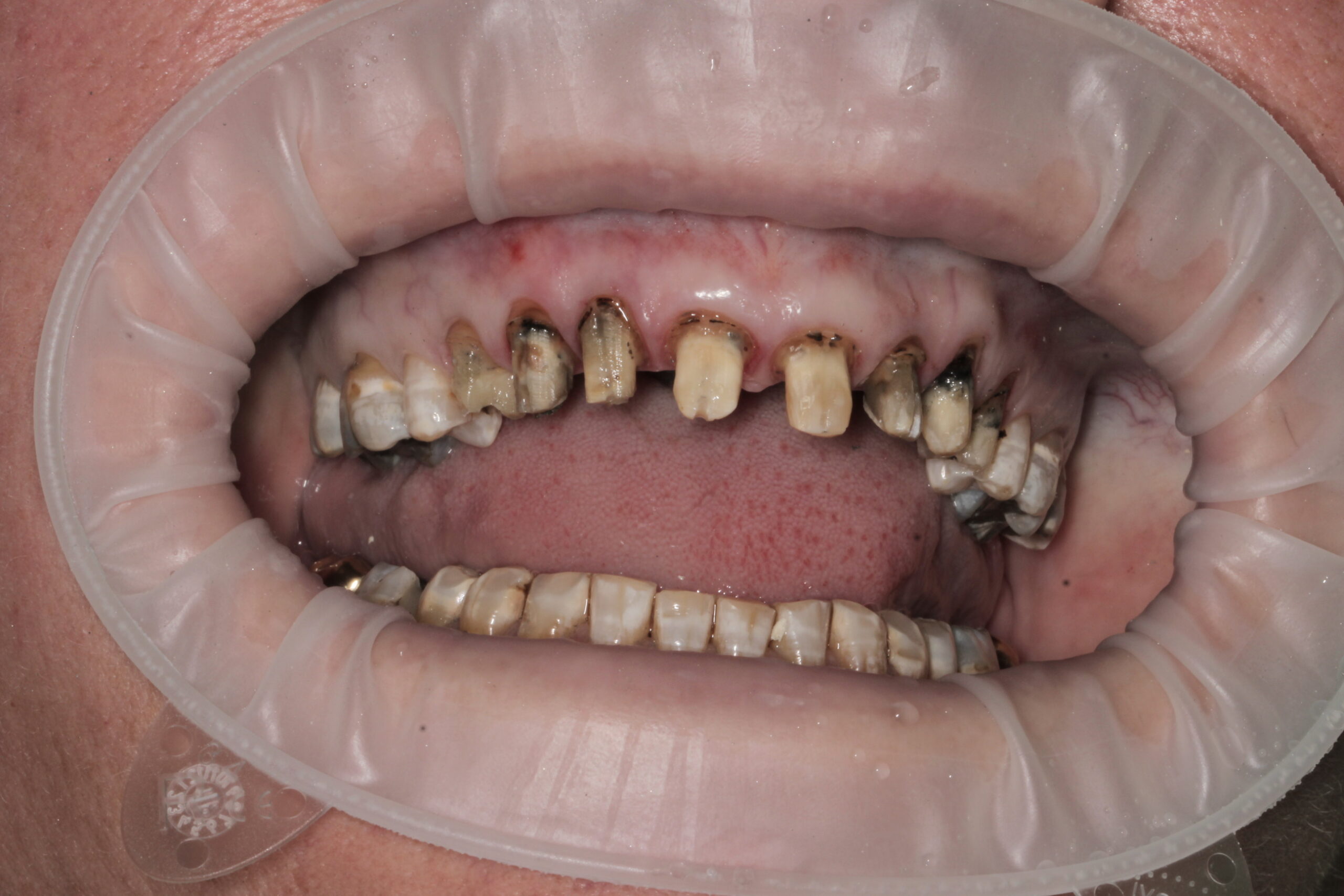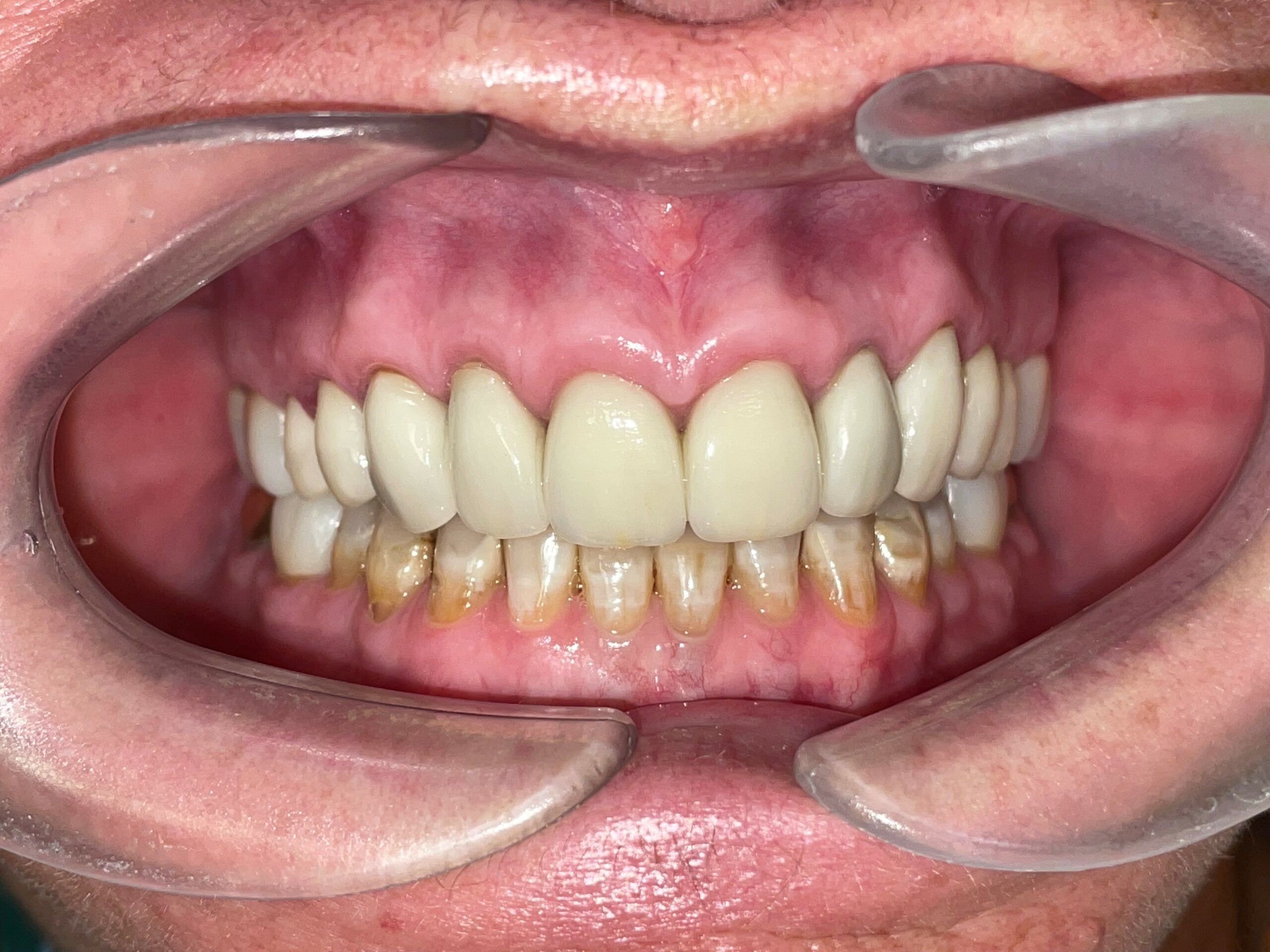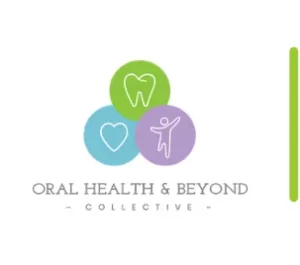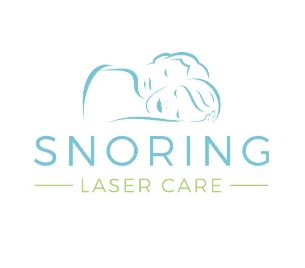
Restore your Smile with Dental Implants
Welcome to DentalCareXtra, where we specialize in bringing back smiles with our state-of-the-art dental implant solutions in QLD. Led by the highly skilled and compassionate Dr. Hany, our team is dedicated to offering you the best in dental implant technology and care. Whether you’re missing a single tooth or require a more extensive restoration, we have the expertise and options to rejuvenate your smile.
What are Dental Implants?
Dental implants stand at the forefront of modern dental technology, heralding a new era of solutions for those suffering from missing teeth. These innovative devices are crafted from biocompatible materials, such as titanium, which are not only strong but also harmonize with the human body, allowing them to integrate seamlessly with the jawbone over time. This integration process, known as osseointegration, is the cornerstone of what makes dental implants so unique and effective.
At their core, dental implants serve as a robust and permanent base for the attachment of replacement teeth. This is a significant advancement over traditional methods like dentures or bridges, which, while effective in their own right, do not offer the same level of stability or long-term health benefits. Dentures, for example, can slip or cause discomfort because they rest on top of the gums without stimulating the underlying jawbone. Bridges, on the other hand, often require the alteration of adjacent healthy teeth to ensure teeth replacement is a proper fit. Dental implants eliminate these concerns by providing a standalone solution that does not negatively impact surrounding teeth or oral structures.
Types of Dental Implants
Dental implants come in various forms to cater to the diverse needs and conditions of patients. From rapid solutions that restore smiles in a single day to comprehensive systems designed for full-mouth rehabilitation, the range of dental implant treatments and types ensures that individuals can find the best match for their dental health goals.
- One-Day Implants: Also known as “immediate load” or “teeth in a day,” represent a breakthrough in dental implant technology, offering a quick and efficient treatment option. This method allows patients to walk into the clinic and leave the same day with implants and a set of temporary, yet aesthetically pleasing, teeth. The key advantage of one-day implants is the minimal waiting time, as traditional implants typically require several months for the implant to integrate with the jawbone before permanent teeth can be attached. One-Day Implants are ideal for busy individuals who seek an immediate solution to missing teeth without the lengthy process traditionally associated with dental implants.
- Full Mouth Dental Implants: For patients who have experienced significant tooth loss or are facing the prospect of denture wear, Full Mouth Dental Implants offer a transformative solution. This approach involves the strategic placement of implants across the entire mouth to support a full set of artificial teeth. Full mouth restorations provide a sense of permanence and stability that traditional dentures cannot match, allowing individuals to enjoy a full diet, speak with clarity, and smile with confidence. Moreover, this method helps preserve the jawbone and facial structure, preventing the sunken appearance often associated with extensive tooth loss.
- All-on-4 Dental Implants: The All-on-4 technique is a revolutionary approach to full-mouth reconstruction, utilizing just four implants to support an entire arch of teeth. This strategically designed system maximizes the use of available bone, often eliminating the need for bone grafting procedures that are commonly required with traditional implants. The All-on-4 method is particularly beneficial for patients with diminished jawbone density, offering a stable and long-lasting solution. By tilting the posterior implants, this technique achieves optimal support for the prosthetic teeth, providing exceptional function and aesthetics with a reduced number of implants.
- Single Tooth Dental Implant: Single Tooth Implants are the solution of choice for filling the gap left by a missing tooth. Unlike bridges, which require the alteration of adjacent healthy teeth to serve as supports, a single tooth implant is placed directly into the jawbone at the site of the missing tooth, without impacting surrounding teeth. This focused approach not only restores the appearance and function of the missing tooth but also preserves the health of neighboring teeth and maintains jawbone integrity. Single tooth implants are an ideal option for patients seeking to replace one or more teeth individually, offering a natural look, feel, and longevity that closely mimics that of natural teeth.
Each type of dental implant serves a specific purpose, tailored to the unique needs of the patient. Whether seeking a rapid solution with One-Day Implants, a comprehensive restoration with Full Mouth Dental Implants, the efficiency of the All-on-4 technique, or the precision of Single Tooth Implants, modern dentistry provides options to suit virtually every scenario of tooth loss. These advancements ensure that patients can enjoy the benefits of a fully restored smile, improved oral health, and enhanced quality of life.
The Dental Implant Process
Embarking on the journey towards dental implants involves a detailed and carefully planned process, tailored to meet the unique needs of each patient. Here’s a deeper look into each step of the implant treatment process under the expert guidance of Dr. Hany at DentalCareXtra.
- Initial Consultation: The first step towards achieving a restored smile with dental implants begins with an initial consultation with Dr. Hany. During this visit, patients can expect a thorough examination of their oral health, including the use of advanced diagnostic tools such as X-rays or CT scans to assess the condition of the jawbone and surrounding tissues. This appointment is an opportunity for patients to discuss their expectations, concerns, and desired outcomes. Dr. Hany will provide a comprehensive overview of the implant process, answer any questions, and determine the suitability of dental implants for the patient’s specific situation.
- Treatment Planning: Following the initial consultation, Dr. Hany develops a personalized treatment plan that addresses the individual’s dental needs. This plan may include preparatory procedures necessary to ensure the success of the implant. For instance, some patients may require bone grafting if there is insufficient jawbone to support the implant—a common scenario following tooth loss when the jawbone may have receded. The treatment plan will outline the steps of the procedure, the timeline, and what the patient can expect during each phase, ensuring they are fully informed and prepared for the journey ahead.
- Implant Surgery: The next step is the surgical placement of the dental implant into the jawbone, a procedure performed under local anesthesia to ensure patient comfort. Dr. Hany makes a small incision in the gum to expose the bone, then carefully drills a hole where the implant, a small titanium post, is inserted. This post serves as a new root for the missing tooth. The surgery is typically completed in a single visit, after which there is a period of healing, allowing the implant to integrate with the bone—a process known as osseointegration. This integration is crucial for providing a stable foundation for the new tooth.
- Placement of the Abutment: Once the implant has successfully fused with the jawbone, the next step involves attaching an abutment to the implant. The abutment serves as a connector between the implant and the replacement tooth. This minor procedure is often performed under local anesthesia. After the abutment is in place, a short healing period is allowed for the gum tissue to heal around the abutment, forming a natural-looking gum line around the future artificial tooth.
- Artificial Tooth Placement: The final phase of the implant process is the placement of the custom-made crown, which serves as the visible part of the new tooth. Impressions of the patient’s mouth are taken to ensure that the crown perfectly matches the color, shape, and size of the surrounding teeth, ensuring a natural and seamless appearance. Once the dental laboratory has crafted the crown, Dr. Hany will attach it to the abutment, completing the restoration. Patients can now enjoy a fully functional, durable, and aesthetic solution to missing teeth.
This comprehensive approach to dental implant treatment, from the initial consultation through to the final placement of the artificial tooth, ensures that patients receive care that is not only tailored to their specific dental needs but also supports their overall oral health and well-being. With Dr. Hany’s expertise and the use of advanced dental technologies, patients at DentalCareXtra can look forward to a smooth, efficient, and successful dental implant consultation and treatment process.
The Benefits of Dental Implants
Dental implants stand out as a premier choice for tooth replacement due to their numerous advantages over traditional methods like dentures and bridges. Here’s a closer look at the key benefits that dental implants offer to patients.
- Natural Look and Feel: One of the most compelling benefits of dental implants is their ability to replicate the look, feel, and function of natural teeth almost perfectly. Each implant is meticulously crafted to match the color, shape, and size of the surrounding teeth, ensuring a seamless blend with the patient’s existing smile. This attention to detail extends to the feel of the implants in the mouth, where they are indistinguishable from natural teeth during eating, speaking, or smiling. The secure fit and stability provided by the implant’s fusion with the jawbone mean that implants do not slip or move, eliminating the discomfort and self-consciousness often associated with dentures.
- Improved Oral Health: Dental implants play a crucial role in maintaining and enhancing oral health. Unlike bridges, which require the alteration of adjacent teeth, implants stand independently, preserving the integrity of surrounding natural teeth. Moreover, the stimulation of the jawbone by the implant post mimics the role of a natural tooth root, promoting bone health. This stimulation is vital in preventing the bone loss that typically occurs following tooth loss, helping to maintain the natural structure of the face and jaw over time. By preserving the jawbone and supporting the health of neighboring teeth, dental implants contribute to the overall well-being of the mouth.
- Durability: Durability is another significant advantage of dental implants. With proper care and maintenance, including regular brushing, flossing, and dental check-ups, implants can last a lifetime. This longevity stands in stark contrast to other tooth replacement options, which may need to be replaced or repaired every 5 to 10 years. This makes dental implants a cost-effective solution in the long run, despite the higher initial investment. The durable nature of implants is attributed to the high-quality materials used in their construction, such as titanium, which is known for its strength and biocompatibility.
- Enhanced Confidence: The impact of dental implants on a patient’s confidence cannot be overstated. Missing teeth can lead to self-consciousness about one’s appearance, affecting personal and professional interactions. Dental implants restore the aesthetics of a full, healthy smile, allowing patients to feel confident in their appearance once again. Additionally, the reliability and stability of implants mean that patients can eat, speak, and laugh without worry, further boosting their self-esteem. The psychological and emotional benefits of regaining a functional and attractive smile are profound, often leading to a more active, social, and fulfilling life.
In summary, dental implants offer a comprehensive solution to tooth loss that addresses not only aesthetic concerns but also functional and health-related issues. By providing a natural look and feel, preserving oral health, offering unmatched durability, and enhancing confidence, dental implants represent a significant advancement in dental care, allowing patients to enjoy the benefits of a fully restored smile.

How Long Does Dental Implant Treatment Take?
The journey to restore your smile with dental implants is a process that requires patience, given its phased approach and the body’s need to heal adequately between steps. The overall timeline for dental implant treatment can indeed vary significantly from one patient to another, influenced by a range of factors that include the patient’s oral health status, the type and number of implants being placed, and whether any additional preparatory procedures are needed.
Are Implants Safe?
Yes, dental implants have a proven track record of safety and effectiveness. With proper planning and care, the risk of complications is minimal.
Dental Implants Pros and Cons
Dental implants have revolutionized the way we approach the loss of teeth, offering solutions that closely mimic natural teeth in both appearance and functionality. However, like any medical or dental procedure, the decision to opt for dental implants involves weighing the benefits against the potential drawbacks. Here’s a more detailed exploration of the pros and cons associated with dental implants.
Pros of Dental Implants
- Permanent Tooth Replacement: One of the most significant advantages of dental implants is their permanency. Unlike dentures, which may need to be replaced or adjusted over time, dental implants are designed to last a lifetime with proper care and maintenance. This permanence offers patients a sense of security and convenience that other tooth replacement options cannot match.
- Prevents Bone Loss: The absence of natural teeth leads to jawbone deterioration over time because the bone lacks the stimulation it receives from chewing forces. Dental implants mimic the function of natural tooth roots, providing necessary stimulation to the bone and preventing bone loss. This not only helps in maintaining the integrity of the facial structure but also contributes to better overall oral health.
- Doesn’t Impact Surrounding Teeth: Traditional tooth replacement options like bridges require altering the adjacent healthy teeth to support the bridge. Dental implants, however, stand independently without relying on neighboring teeth for support. This preserves the integrity of surrounding teeth and contributes to a healthier oral environment.
Cons of Dental Implants
- Requires Surgery: The process of getting dental implants involves surgical procedures, which can be a deterrent for some people. Surgery comes with inherent risks, such as infection or complications, though these are rare and can be minimized with proper care and by choosing an experienced dental professional.
- Higher Initial Cost Compared to Other Treatments: The cost of dental implants can be higher than other tooth replacement options like dentures or bridges. This higher upfront cost might be prohibitive for some patients. However, it’s important to consider the long-term benefits and cost-effectiveness of dental implants, as they tend to require less maintenance and fewer replacements over time, potentially saving money in the long run.
- Healing Time Required: The process of getting dental implants is not immediate. After the implant is placed, patients must go through a period of osseointegration, where the implant fuses with the jawbone. This process can take several months, during which patients may need to follow dietary restrictions and may experience some inconvenience. Additionally, if preparatory procedures like bone grafting are required, the overall timeline from start to finish can extend even further.
In conclusion, dental implants offer a highly effective, long-lasting solution for replacing missing teeth, with significant benefits that contribute to both oral health and quality of life. While there are cons associated with the dental implant procedure, such as the need for surgery, higher initial costs, and the healing time required, many patients find that the advantages far outweigh these considerations. Ultimately, the decision to proceed with dental implants should be made after a thorough consultation with a dental professional who can provide personalized advice based on an individual’s oral health needs and circumstances.
Ongoing Implant Care: Ensuring Longevity
The success and longevity of dental implants are not only the result of the advanced technology and skilled placement but also how well they are maintained post-procedure. Proper care extends the life of the implants, ensuring they remain a durable and functional part of your oral health for decades. Here’s a closer look at the key aspects of ongoing implant care.
Regular Dental Check-ups
Routine visits to your dentist are crucial for the long-term success of your dental implants. These check-ups allow your dentist to monitor the health of your implants, gums, and surrounding teeth. During these visits, Dr. Hany can identify and address any potential issues before they become serious problems. Professional cleanings are also an opportunity to remove plaque and tartar buildup that can’t be addressed through home care alone, preventing gum disease that could compromise your implants.
Proper Oral Hygiene
Good oral hygiene is the cornerstone of implant care. Just like natural teeth, implants require regular brushing and flossing to remove food particles and plaque. Use a soft-bristled toothbrush and a non-abrasive toothpaste to clean around the implants gently, paying special attention to the gum line. Flossing is equally important; consider using floss designed specifically for implants or a water flosser to clean around the abutments and under the prosthetic teeth effectively. Additionally, an antimicrobial mouth rinse can be a helpful adjunct to reduce bacteria around the implants.
Avoiding Damaging Habits
Certain habits can be detrimental to the health and longevity of your dental implants. Smoking, for example, is one of the leading risk factors for implant failure, as it impairs healing and contributes to gum disease. Similarly, chewing on hard items such as ice, hard candies, or pen caps can damage both natural teeth and the crowns on implants. If you grind or clench your teeth (bruxism), you may need to wear a night guard to protect your implants and natural teeth from excessive wear and potential damage.
Diet and Nutrition
While dental implants allow you to enjoy a wide range of foods, it’s wise to be mindful of your diet, especially in the weeks following the implant surgery. Initially, soft foods will help avoid undue pressure on your new implants as they heal. Long-term, a balanced diet contributes to overall oral health, supporting the tissues surrounding your implants. Foods rich in calcium and vitamin D are beneficial for bone health, while those high in vitamins C and A support gum health.
Immediate Aftercare
Following the placement of your implants, adhere to the aftercare instructions provided by Dr. Hany. This may include taking prescribed medications to manage pain and prevent infection, as well as following specific dietary guidelines. Immediate aftercare is crucial for the healing process and can significantly impact the success of the implant treatment.
Ongoing care for dental implants is not overly complicated but requires consistent attention and good habits. By maintaining regular dental check-ups, practicing proper oral hygiene, avoiding damaging habits, and being mindful of your diet, you can ensure your dental implants remain a healthy and vibrant part of your smile for a lifetime.
Dental Implant Frequently Asked Questions
Dental Implant Pricing and Insurance
At DentalCareXtra, we believe in transparent pricing and strive to make dental implants affordable. We accept most insurance plans and offer financing options to accommodate your financial needs.
Call Us Today to Schedule Your Consultation
Ready to replace missing teeth and take the first step towards a beautiful, healthy smile with dental implants? Contact DentalCareXtra at (Phone Number) to schedule your consultation with Dr. Hany. Discover how dental implants can transform your life, offering a permanent solution to missing teeth.
* Any surgical or invasive procedure carries risks. Before proceeding, you should seek a second opinion from an appropriately qualified health practitioner. All interactions are protected by the DentalCareXtra Privacy policy.
Before & Afters
